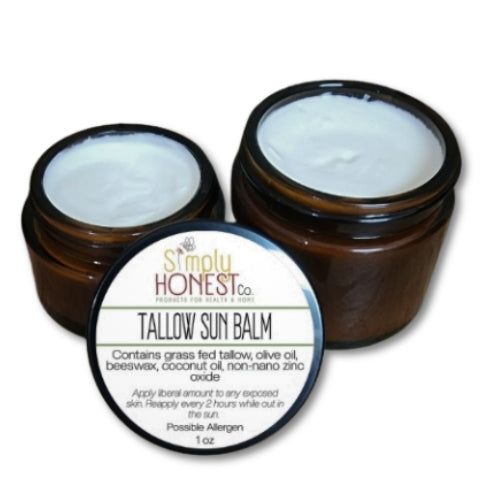1
/
of
6
Thyme Leaf, Cut & Sifted, Organic
Thyme Leaf, Cut & Sifted, Organic
No reviews
Regular price
$8.00 USD
Regular price
$8.00 USD
Sale price
$8.00 USD
Unit price
/
per
Shipping calculated at checkout.
In stock
Couldn't load pickup availability
Studies have shown and individuals have reported the following benefits of Thyme:
- Supports Respiratory Health
- Antimicrobial and Antifungal Properties
- Rich in Antioxidants
- Supports Immune System Function
- May Aid Digestion
- Promotes Skin Health (topical use)
Who Should Not Use Thyme:
- Pregnant or breastfeeding women (consult a healthcare professional)
- Individuals allergic to plants in the Lamiaceae (mint) family
- Those with bleeding disorders (thyme may slow blood clotting)
- Individuals scheduled for surgery (discontinue at least two weeks before)
Pet Safety:
- Safe for dogs in small, occasional amounts (culinary use).
- Not recommended for cats, as concentrated oils or large amounts may cause toxicity.
- Always consult a veterinarian before using thyme medicinally with pets.
NOTE: The information above is for educational purposes only. Statements have not been approved by the Food and Drug Administration (FDA) and are not intended to diagnose, treat, cure or prevent any disease or condition. Please consult your medical professional prior to use, or if you have any concerns.
Since we are a small-batch shop, please allow up to 7 business days for your order to made and shipped. In an effort to keep prices low, we may use recycled packing supplies for your order (boxes, bubble wrap, paper, etc.).













